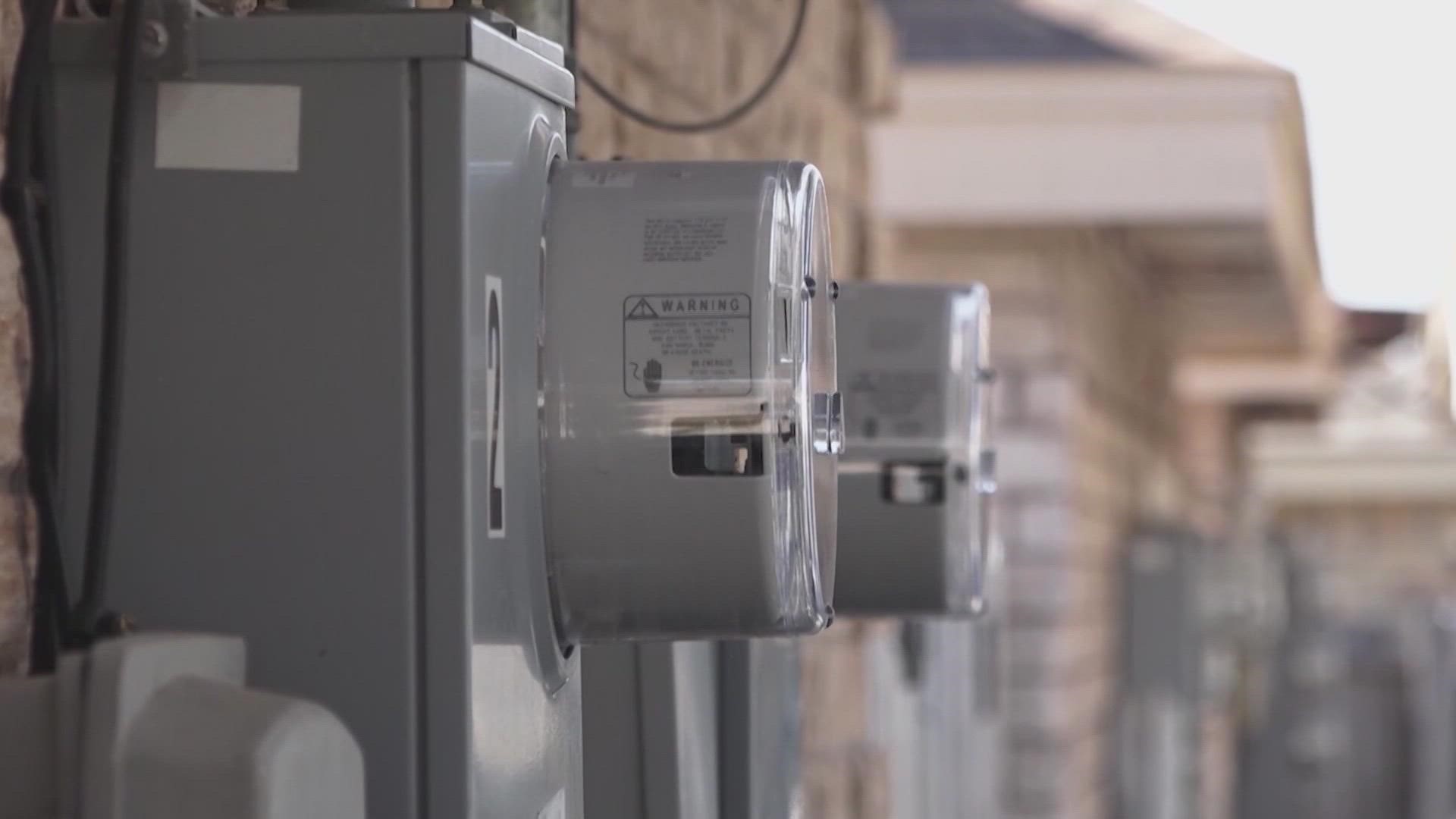SAN ANTONIO — After months of work, the San Antonio City Council approved a $3.4 billion budget for the 2023 fiscal year. Everything from streets and sidewalks to public safety, airport improvements, and arts will be impacted by taxpayer dollars.
Here’s how the budget breaks down:
- General Fund: $1.5 billion
- Capital Budget: $641 million
- Restricted funds budget: $1.2 billion
Some of the biggest highlights for the budget include property tax relief in the form of increased homestead exemptions and a reduced tax rate, an increase in employee entry-level pay up to $17 per hour, 78 additional police officers and 21 uniform firefighters on staff.
"We reached a strong consensus on a great budget that addresses the needs of the city," Mayor Ron Nirenberg said after the council meeting.
The hot topic among the city council was how to spend $75 million in the city's CPS Energy revenue.
After a debate that dominated budget discussions Thursday, $50 million in the CPS revenue will be going back to customers. $25 million will be spent on other projects.
Councilwoman Phyllis Viagran introduced a motion to delay voting on the rebate, which failed in a tight 5-5 vote, with Councilwoman Ana Sandoval abstaining.
"It was disappointing that we didn't give it more time but it's the way votes go sometimes," Councilwoman Viagran told KENS 5.
$42.5 million will go to all residential and commercial ratepayers, while $7.5 million will be contributed to the Residential Energy Assistance Partnership, or REAP program, assisting low-income utility customers.
When city staff proposed its budget in August, the plan was to give $50 million back to ratepayers as a rebate on a future bill, while spending the other $25 million on other projects including the Edwards Aquifer Protection Plan.
The initial plan for the rebate was to provide $45 million back to electric customers, which would’ve been an average of $31 on residential bills. $5 million would've gone to the REAP program.
Ratepayers can opt out of the rebate by the end of the year and contribute those funds to home weatherization and the REAP Program.
Under the plan, millions of dollars would go to business accounts, with 40 accounts receiving an average of $94,711. All commercial class customers would get a 12.6% credit on their bill.
Several city council members proposed alternate plans to spend the money—which ranged from domestic violence to roads and infrastructure when the debate began back in August.
A plan from Councilman Mario Bravo (District 1) gained some steam is to invest the money in the weatherization of homes, urban heat island reduction and energy efficiency upgrades. He voted against approving the budget after the plan did not gain support.
“After the hottest summer on record and left with exorbitant energy bills from electricity distributed over a still unstable grid, I refused to support a business-as-usual budget and property tax rate," Councilman Bravo said in a statement.
Mayor Nirenberg thinks a budget amendment pilot program to direct the city's revenue from CPS Energy's Save for Tomorrow Energy Plan, or STEP program, towards resiliency and sustainability, will address sustainability issues that the council wanted to solve with the excess revenue. That proposal was put forth by Councilwoman Ana Sandoval.
"What the council adopted today is, in my view, historic, which is that we created a sustaining revolving fund for climate action moving forward," Mayor Nirenberg told KENS 5.
Councilwoman Viagran was one of at least three council members who wanted the CPS revenue to go towards home weatherization, among other priorities.
"While [Councilwoman Sandoval's] program is a good program we also need because it helps address small businesses concerns, it doesn’t really address what we were trying to put forward,” Councilwoman Viagran said.
City Employee Pay
City staff were proud of a budget that increases the entry wage for civilian employees to $17.50 an hour. Some employees will also get a minimum 2% market adjustment.
Civilian employees will receive at least a 7% wage increase, and uniform police and fire employees will also see wage increases consistent with their respective collective bargaining agreements, according to the city.
Property Tax Relief
An estimated $95 million in property tax relief will be provided to homeowners thanks to increased homestead exemptions for seniors 65 and older, disabled persons, and a general homestead exemption approved by the city council.
The city's property tax rate will also be reduced by 1.67 cents per $100 value from 55.827 to 54.161 cents. An amendment was also added to assist homeowners in protesting property taxes, as highlighted in a release from Councilman Bravo.
Infrastructure
The city of San Antonio will also invest $154 million in the maintenance for streets, sidewalks and bicycle facilities.
Investment will be made in the San Antonio International Airport, which includes adding 30 new positions in airport and support departments as the city seeks to build a third terminal.
$160 million is included in the budget as part of the voter-approved bond program.
The proposed budget also includes $35.3 million to begin the implementation of a six year improvement program for the Convention Center and the Alamodome.
City council will have to vote on the revenue as part of the 2023 budget, which goes into effect October 1.

